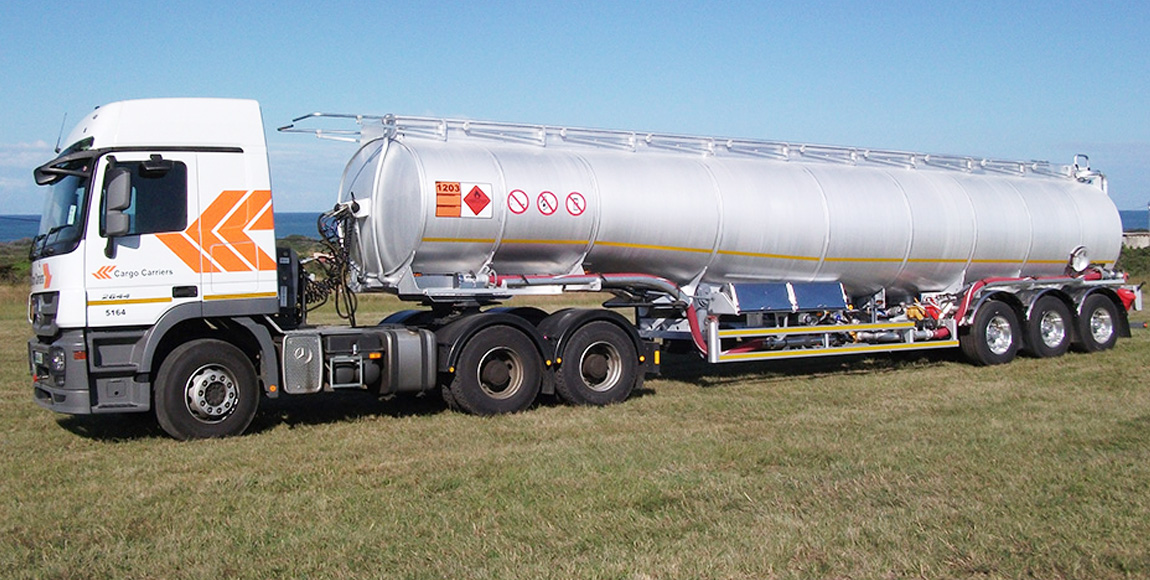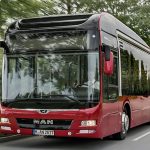‘Carbon tax detrimental to the economy’

South Africa has implemented a carbon tax as part of its international commitment to reducing greenhouse gases. Observers believe that, while the move by government is important, it will have a negative impact on the country’s economy
Premature taxing of businesses that emit carbon from industrial processes and through the combustion of fossil fuels will have a major negative impact on South Africa’s already-embattled economy, according to a statement issued by Cargo Carriers, one of the country’s largest transport companies.
Responding to the government’s decision to implement a new carbon tax aimed at reducing greenhouse gases, from June 1, the statement says the tax rate has been set at R120 per tonne of carbon dioxide equivalent.
“It is a concern that this additional cost will increase the already high price of moving goods throughout the country, bearing in mind that South Africa’s logistics costs – which have increased as a percentage of transportable gross domestic product since 2010 – are already higher than the global average,” says Cargo Carriers.
Pointing out that long distances between transport nodes have contributed to the high price of logistics, the statement adds: “This legacy of the past can be addressed only by investment in improved spatial planning and infrastructure that supports the development of smarter cities. Due attention must also be given to developing a truly multi-modal freight transport system as part of this plan.”
Further, the statement calls on government to remove the fuel barriers that have prevented the introduction of latest international truck-engine technology to South Africa. “It will be expensive but essential, requiring a sizeable investment by both government and the private sector into the entire diesel fuel value chain, spanning local refineries through to infrastructure and fuel networks.”
According to the statement, Cargo Carriers will continue to invest in environmentally responsible ways of moving product for industrial operators and play its part in reducing greenhouse gases to help to create a cleaner environment.
The company claims to have established the benchmark in environmentally sustainable road-transport operations through a number of initiatives, including:
- Driver training programmes – which have helped to ensure peak performance from its large fleet of trucks;
- Optimised route planning;
- Robust vehicle maintenance and replacement strategies;
- Preference given to trucks powered by sophisticated, environmentally friendly engines.
“Moreover, the company monitors the use of water and electrical energy to inform measures implemented to further reduce the carbon footprint of its extensive transportation operations.
“However, a more holistic approach is required – involving all stakeholders, including the public sector – to further reduce the emissions footprint of road transport to establish a truly green and environmentally sustainable local freight logistics system.”
The statement adds that one of the biggest challenges requiring immediate attention is the deteriorating condition of many of the country’s provincial and local road networks, which leads to unnecessary stopping and starting of trucks, as well as the premature replacement of parts and componentry.
“This aspect has been exacerbated by highly congested corridors, which are the result of delays in investment into large brownfield and greenfield road-infrastructure projects to improve the country’s logistics performance,” the statement concludes.
Published by
Focus on Transport
One Comment
Leave a comment Cancel reply
focusmagsa





https://www.facebook.com/Blue-Sky-AdBlue-South-Africa-135630976522099/
We’ve been local for eight and a half years now – MBSA have Euro 5 trucks now – lets get on with it!?